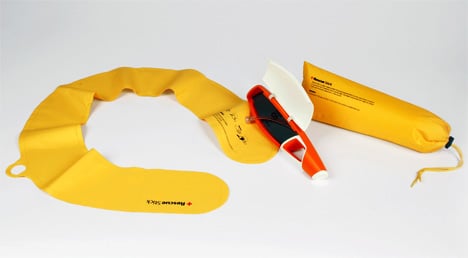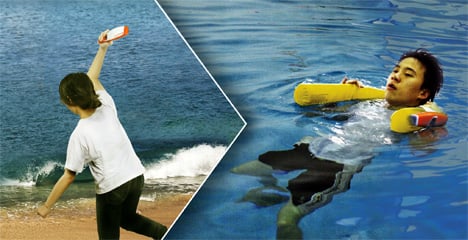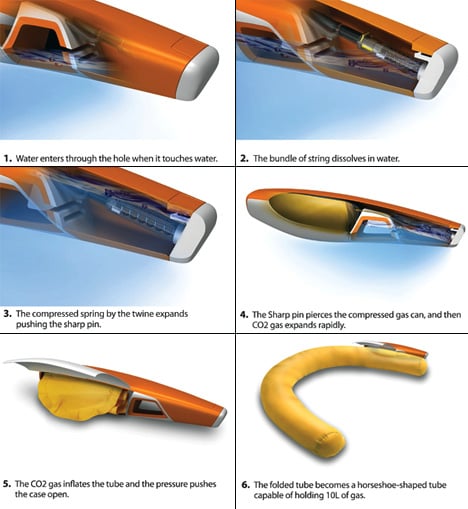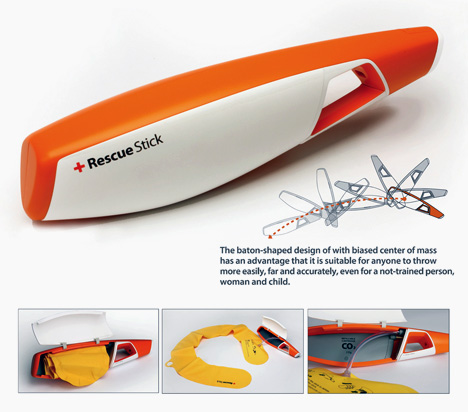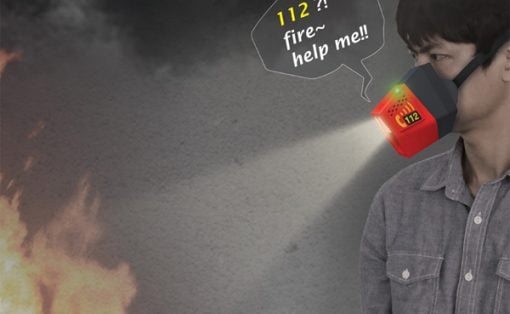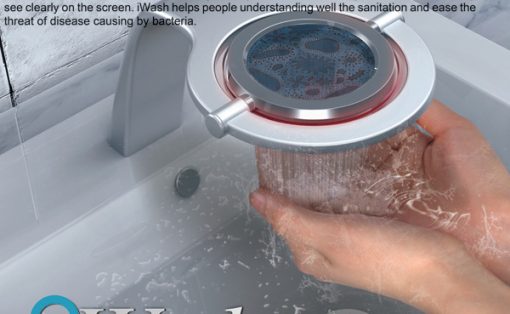Humor aside, it’s quite tough to aim a heavy Lifesaver tube, accurately to a drowning person. It would be much easier to throw him the Rescue Stick, which is a baton shaped contraption. Contraption it is, coz it’s strings undergo a chemical reaction when they hit the water; they dissolve to release a horse-shoe shaped float. So basically the baton reacts to the water and becomes a life-saving device. As a back-up plan, in case the reaction fails, the tube can be inflated manually.
Details:
The reason why Rescue Stick can provide rapid and accurate assistance in the emergency situation can be divided into two facts; the high effectiveness of the type of form factor and chemical reaction. It has a dimension of 270x65x70(mm) and weight of 0.9(lb). Chemical reaction-wise, Rescue Stick can be inflated by the dissolvable strings. The rate of inflation is fast, reaching about 10L in 3~4 seconds. There are other materials like sodium azide, that can achieve faster inflation rate of 0.05 seconds, but the cost of external casing that can reach up to $200, which is a trade off which is almost unacceptable. In contrast, an alternative that involves other chemical compound and water costs a mere $5, but takes 20 seconds to inflate, which makes this option also unacceptable. The material we use, compressed CO2 gas in aluminum can, can pull the cost down to $15 and takes only 3~4 seconds to inflate. This is why we think that our option is an optimal choice. The materials used can all be recycled and no waste is left in the water after use. Just by refilling the relatively low cost compressed CO2 gas can and dissolvable string and refolding the tube after deflation, Rescue Stick can be recycled without much hassle.
Designers: Sungjoon Kim, Jangwoon Kim, Sook-kyung Lee & Keunhwan Pack
